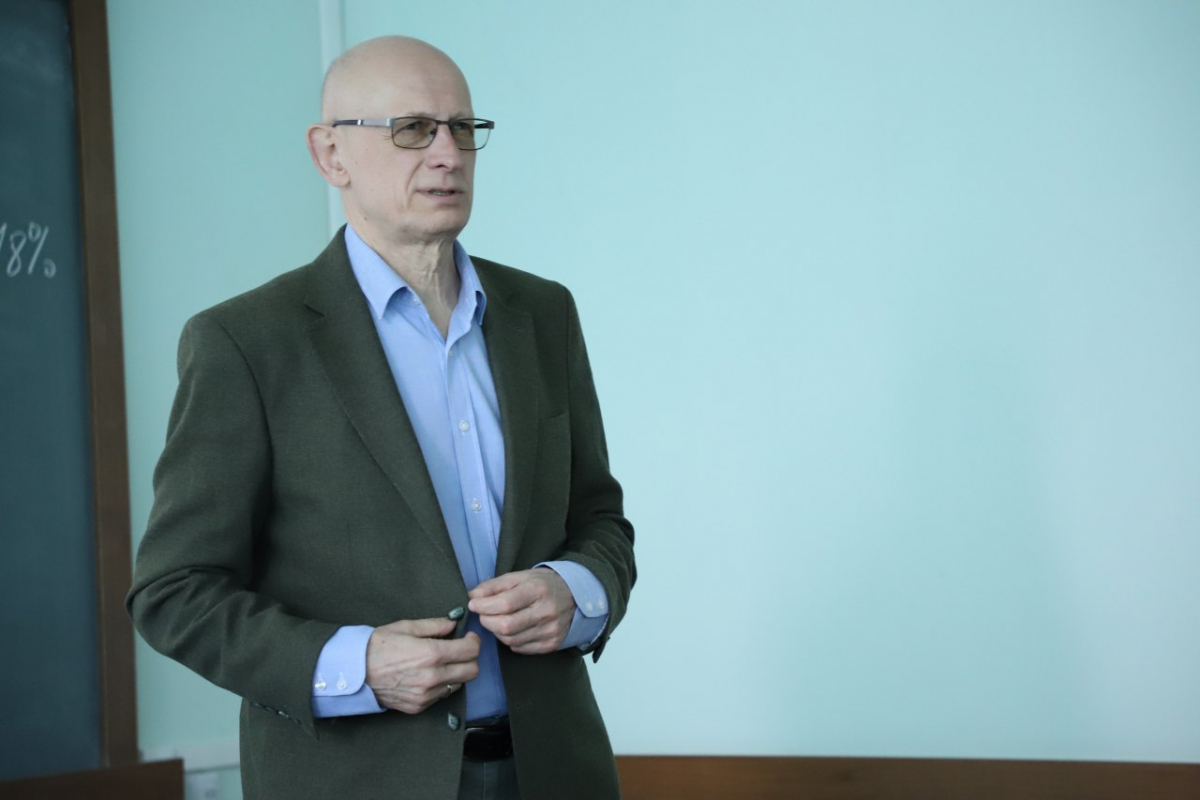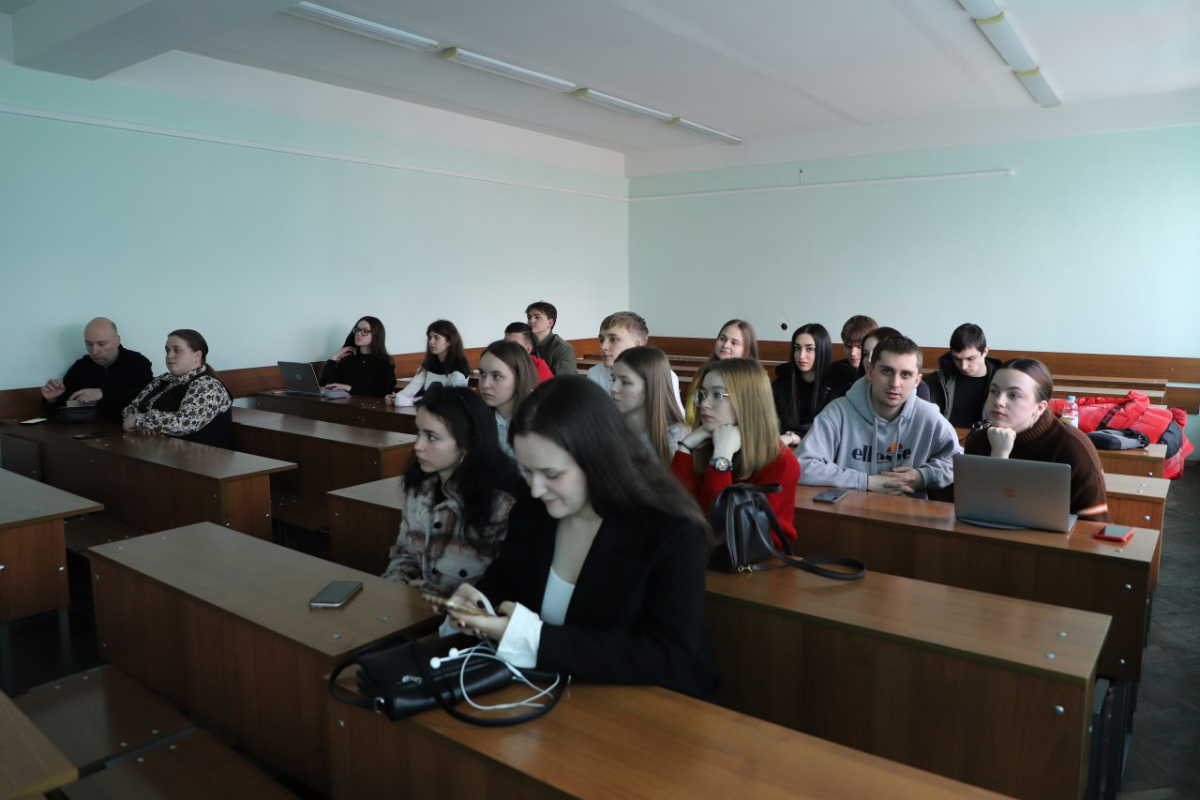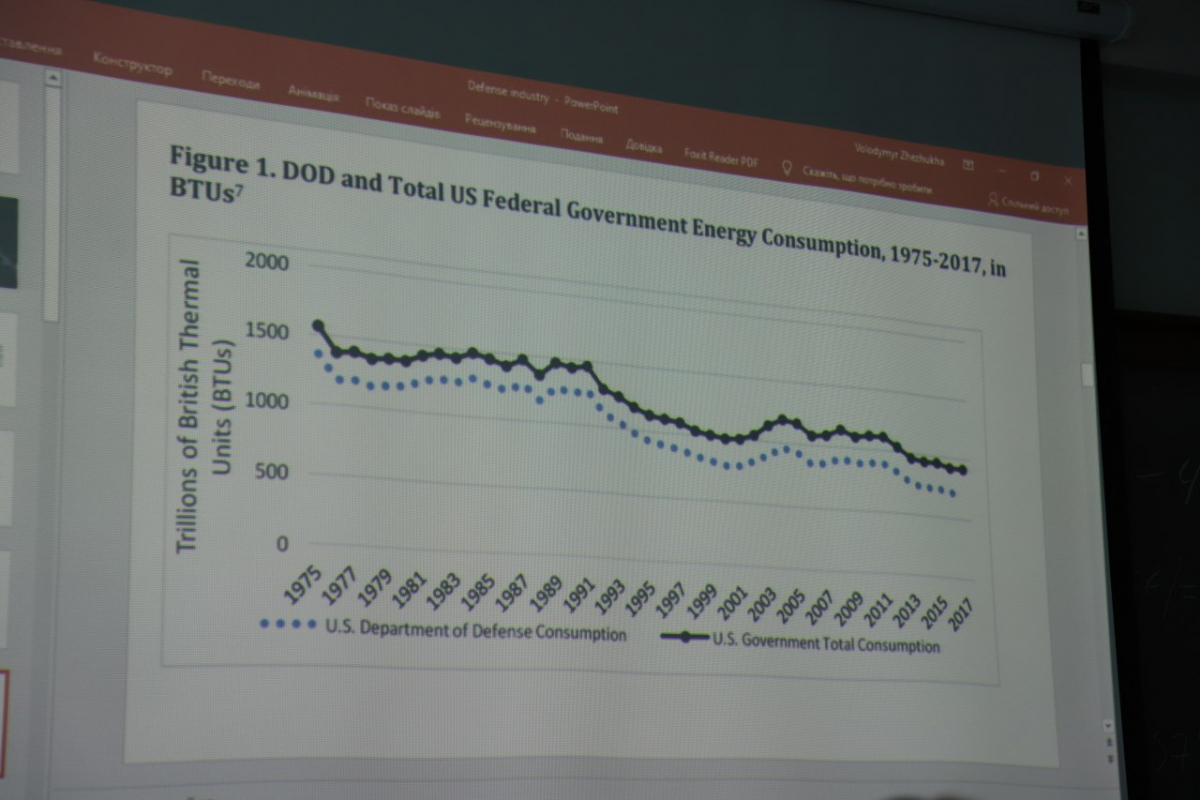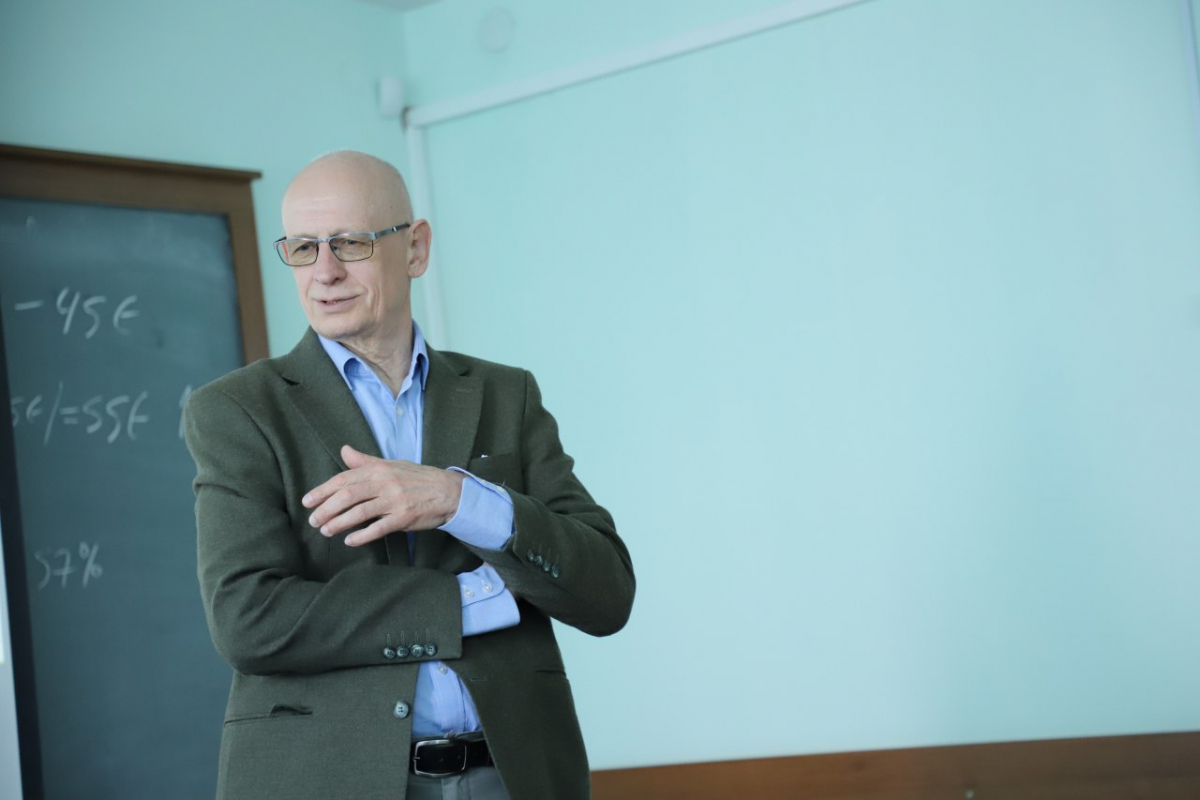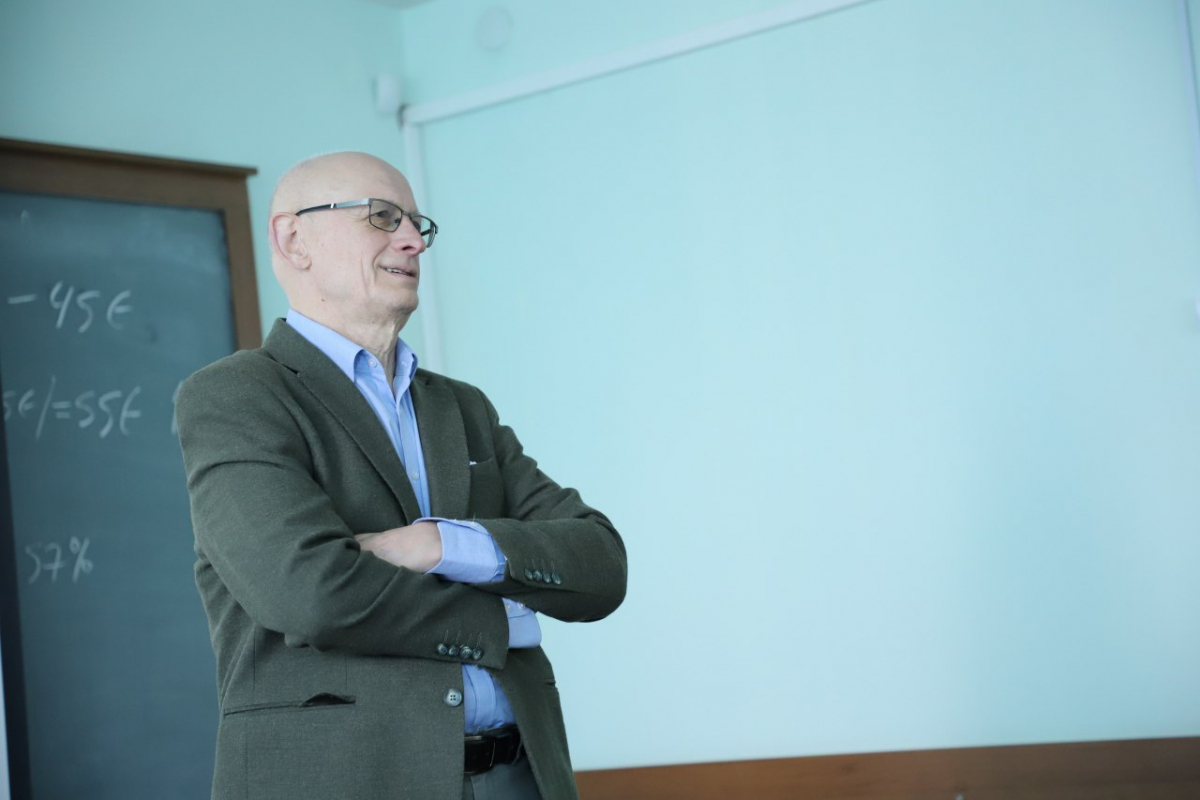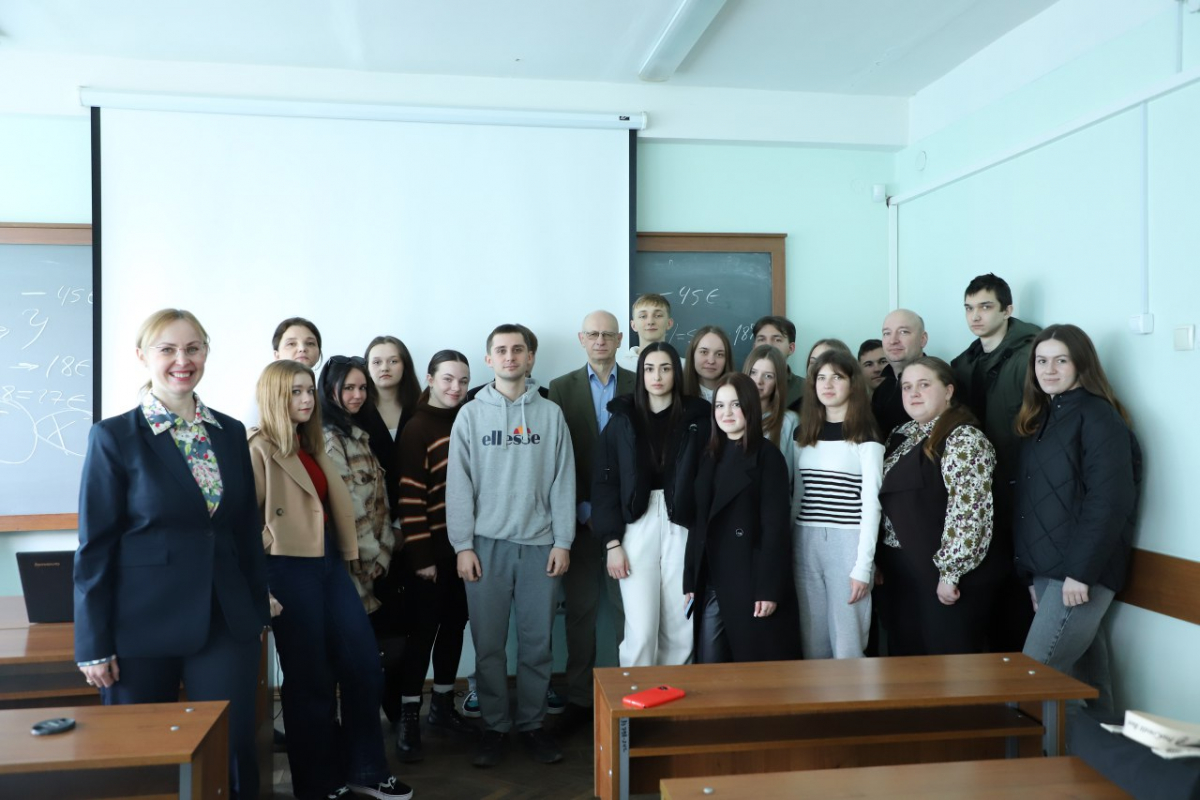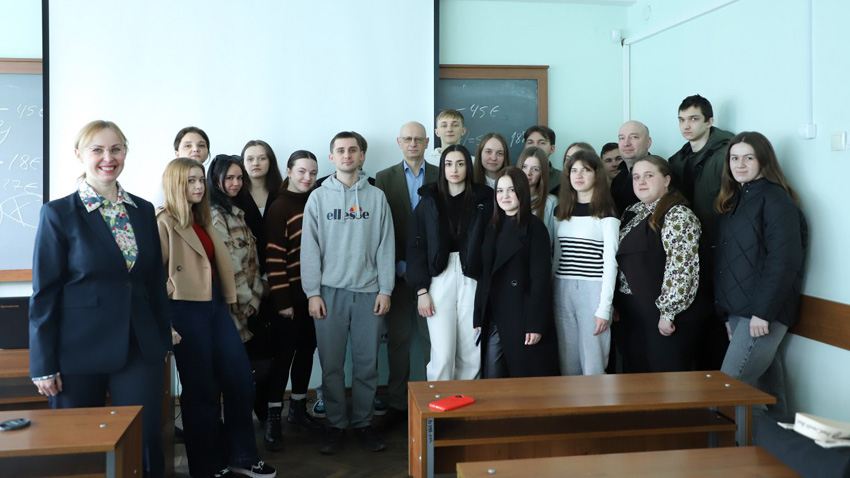Today, environmental policy penetrates into various spheres of human activity, and military policy is no exception. The guest lecturer – Polish diplomat Marek Ziółkowski told the students of the Department of Foreign Trade and Customs Activities (FTC) about the climate policy in the field of defense of NATO countries.
NATO is already talking about the fact that climate change is the challenge of our time. The Biden-Harris administration adopted a US defense strategy which states that this is an existential issue for all of humanity. Preservation of the planet is somehow a political issue which was relevant for green liberal parties. And for a long time, no one in NATO raised the question of how the defense sector should respond to it.
Recently, there was a discussion about the impact of climate change on defense capability, especially on the security of military infrastructure. It is known that the USA has a wide network of military bases around the world. But they never seriously analyzed this factor until 2019.
By 2050, the US plans to achieve, as we mentioned in previous articles, carbon neutrality in defense – net-zero. This is not so much a matter of technology but the greening of military infrastructure and its construction.
Thus the lecturer shows that the climate debate extends even to a sphere that has always been on the sidelines of this issue or even classified as hostile among the ecoactivists.
The policy of pacifism and disarmament in Europe, even in Germany, which is now very peaceful, according to Marek Ziółkowski, is on the decline. More and more countries agree to allocate more than 2% of GDP to their defense, which is a recommendation to NATO members. Against the background of increasing international tensions, we see a lot of large-scale defense orders, in particular in Poland, which cooperates extensively with South Korea on this issue, and the statements of certain Western politicians are becoming increasingly harsh.
